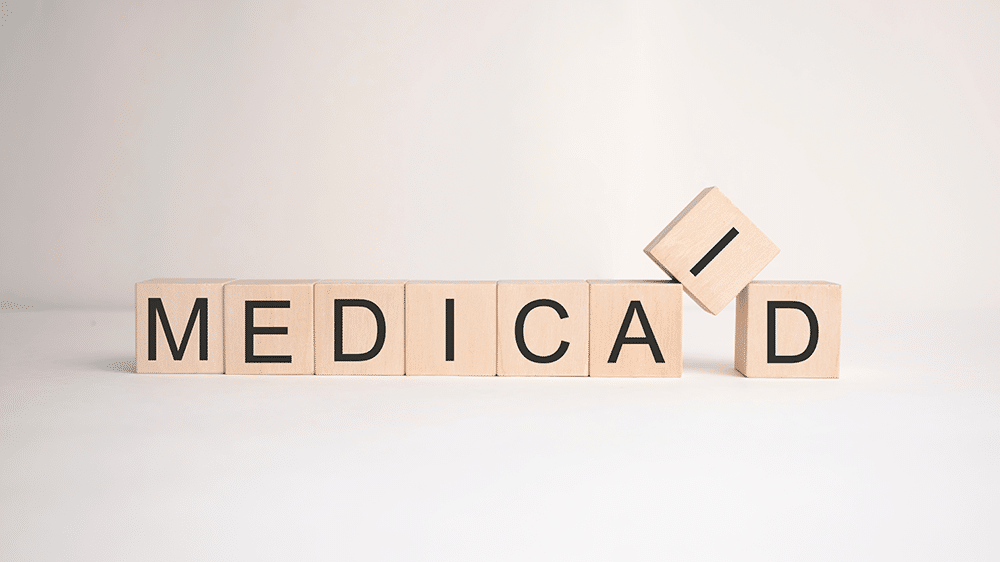What is a community spouse, and how is one eligible for spousal allowance in the event their loved one is moved to a nursing facility? Before we answer, it’s important to first understand cost-sharing in Medicaid and qualifications based on income. Medicaid is a cost-sharing program, meaning that the Medicaid recipient shares in the cost of their care. Each nursing home has its own Medicaid reimbursement rate, or the daily rate that Medicaid pays them for its nursing home residents. The resident contributes a portion of their monthly income, and Medicaid makes up the difference. The resident’s income contribution is what is known as a “cost-share.” But how do you calculate what your share of the cost will be?
In both Pennsylvania and New Jersey, the Medicaid approval notice shows the cost-share, as calculated by your county Medicaid office, and then is recalculated each year during the annual renewal process. However, you can calculate the cost-share yourself without waiting months for the renewal processing. This can be done by totaling the Medicaid spouse’s gross monthly income and subtracting out allowable deductions (monthly health insurance premiums and their monthly personal needs allowance). The remainder represents the monthly “cost-share” due to the facility.
Having to contribute a portion of the household income can be difficult for some spouses, especially those who rely on their spouse’s second income to continue to keep up with the household bills. For couples where the spouse’s income, who will be residing in a nursing home, is much higher than the spouse staying at home (the community spouse), Medicaid does allow some protections. These come in the form of annually adjusted standards, known as the Monthly Maintenance Needs Allowance (MMNA). If the community spouse’s income does not meet at least the minimum MMNA standard (currently $2,288.75), they can be determined eligible for a spousal allowance by their Medicaid caseworker. If you qualify for a spousal allowance, this serves as another deduction from the monthly cost-share owed to the nursing home and can be kept by the community spouse to maintain the household.
Often, a spousal allowance must be requested from the county, so it is important to know your rights or consult with an expert. If you have questions about Medicaid, cost-sharing, or MMNA, contact our offices at 877-475-1101.


